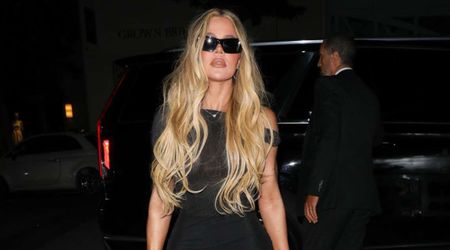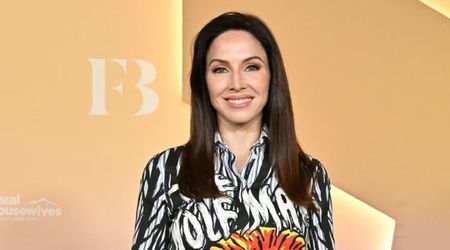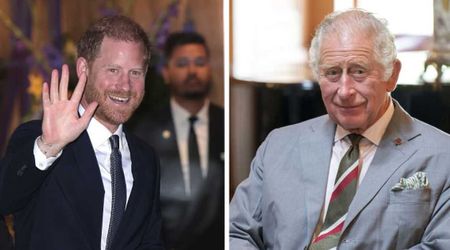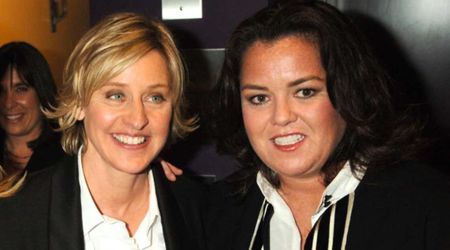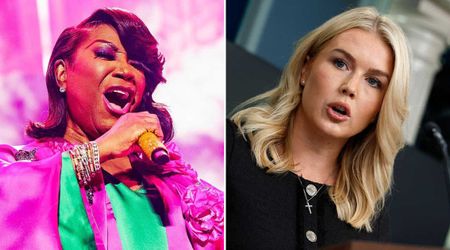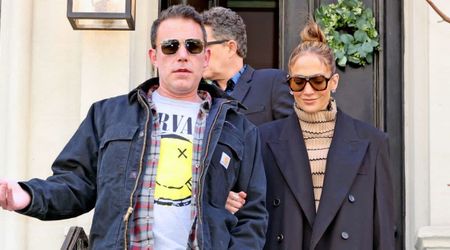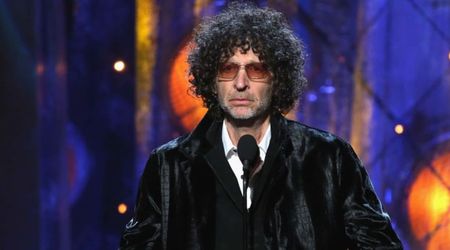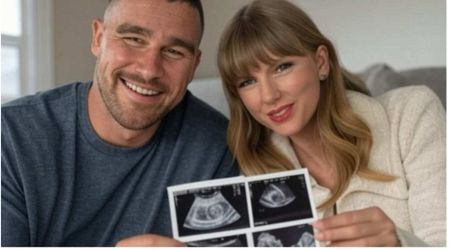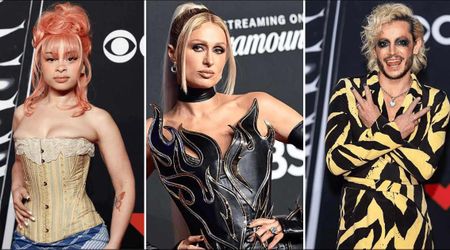'It Ends with Us' Book vs. Movie: 5 major changes including ending and the ages of characters

'It Ends With Us': 5 ways Blake Lively’s movie differs from Colleen Hoover's book

Blake Lively fans can finally watch her at the movie theaters as she is back in a lead role after four years. The 36-year-old actress' latest release 'It Ends With Us' recently opened at the theaters. It follows the romantic journey of Lily Blossom Bloom (Lively) - a flower shop owner. The film is based on Colleen Hoover's 2016 novel of the same name and follows Lily's romantic journey with neurosurgeon Ryle Kincaid (Justin Baldoni), and subsequently with her childhood sweetheart, Atlas Corrigan (Brandon Sklenar). Directed by Baldoni himself, the movie deals with generational trauma induced by domestic violence and abuse. While the film is mostly a faithful retelling of the book, in some points, it differs. Here are five ways in which the film differs from the modern classic.
1. Ages of Lily (Blake Lively) and Ryle (Justin Baldoni)

The film increased the ages of two of its characters significantly - and not without a cause. In the book, Lily's age is 23, while Ryle (Baldoni) is 30. However, in the film, both of the characters are in their mid-30s. Previously, during an interview with Entertainment Weekly, Baldoni, who is also the director of the movie, defended the decision to change the age. He shared, "I just knew from the beginning the type of movie I wanted to make was not about a 23-year-old girl," before adding, "I wanted women of all ages to be able to see themselves, and aging up the characters, I think, really helps it become a universal story, and it takes it out of the YA genre." Baldoni explained, "I believed, from the beginning, that Blake Lively is aspirational to young women and would never be seen as too old once they saw the movie."
2. Movie's ending differs slightly

The novel concludes with Ryle and Lily's break up as he flees to Europe for three months. After he returns, Lily confronts him as he appears at her apartment. Nevertheless, they mutually agree to divorce and decide to co-parent their baby. She also rekindles her romance with childhood sweetheart Atlas. While the movie similarly focuses on Lily's dissolution of her marriage with Ryle and her subsequent romance, it also focuses on the movie's main topic of domestic abuse. The movie focuses on Lily's relationship with her mother - Jenny (Amy Morton) - who herself is an abuse survivor. Toward the end of the movie, Lily, along with Jenny and Emerson (Lily's young daughter) visit her father's grave. The scene makes a poignant moment as it shows a new dawn for three generations of women in an abuse-free life.
3. The movie's Ellen DeGeneres connection - or the lack of it

Ellen DeGeneres plays an important role in the book and in the courtship of Lily and Atlas. Lily not only recounts her entire childhood in a series of journal entries to the popular daytime host, but Atlas also gifts Lily a signed copy of DeGeneres’ memoir 'Seriously … I’m Kidding'. Following the controversies surrounding DeGeneres, the movie, however, completely did away with DeGeneres and there wasn't any cameo from the comedian. Nevertheless, the movie paid a subtle tribute to DeGeneres as when Atlas visits Lily in her house for the first time, she is sitting in the couch, watching 'The Ellen DeGeneres Show', per USA Today.
4. Some book characters don't feature in movie

The movie, as a rule of thumb, focuses more on Lily and her connections with Ryle, and Atlas among others. While doing so, the makers of the film conveniently left out certain characters from the book in the final movie edit. Devin, Lily's gay BFF; Lucy, Lily's ex-roommate; and Ryle's parents are some of the characters missing from the film.
5. Lily's perception of Ryle's abuse

One of the most important ways in which the movie differs from the book is how Lily perceives her husband - Ryle's abuse. For the majority of the first portion of the movie, Lily questions the certainty of Ryle's abuse. Only toward the end of the movie, the film shows Ryle's abuse as what it really is, subsequently making Lily understand. However, in the book, Lily's character differs slightly as she calls him out after each incident. Though she forgives Ryle after he initially pushed her down the stairs, later after he tried to abuse her, she decided she has had enough.

